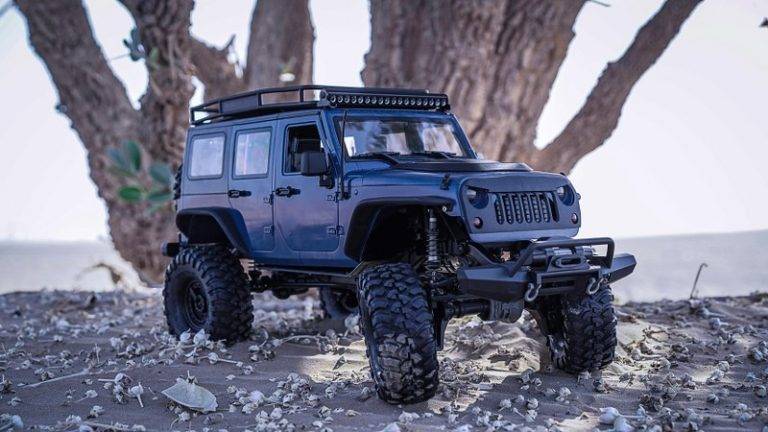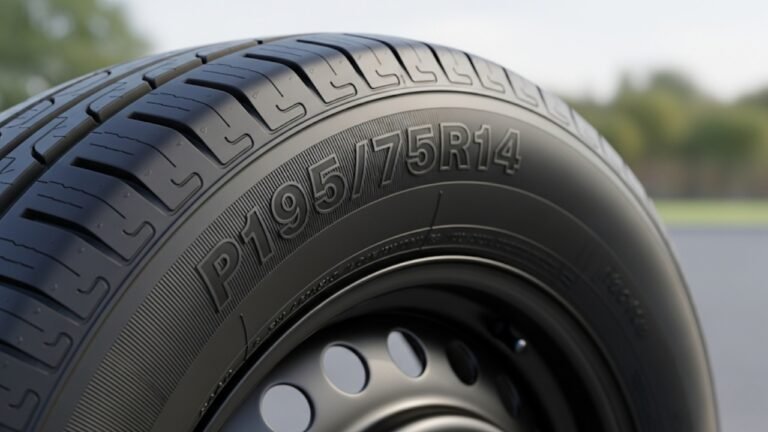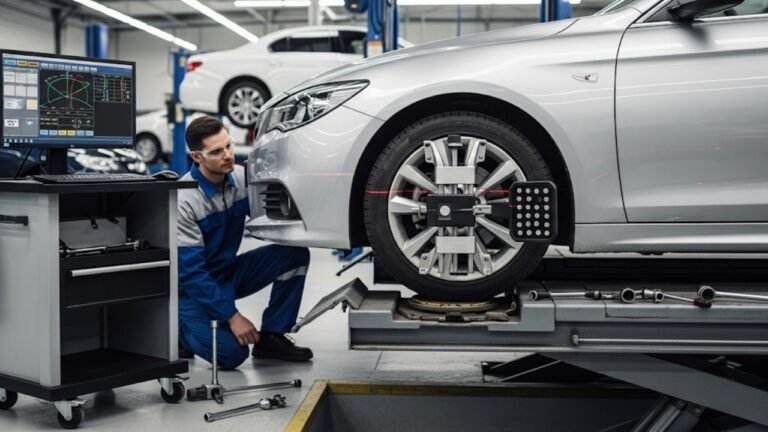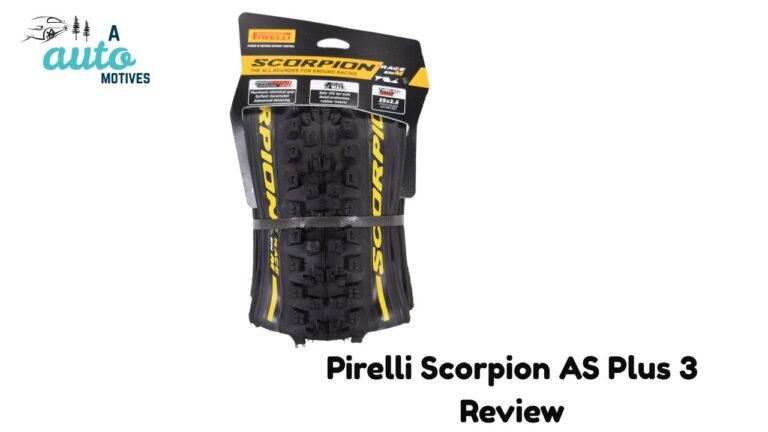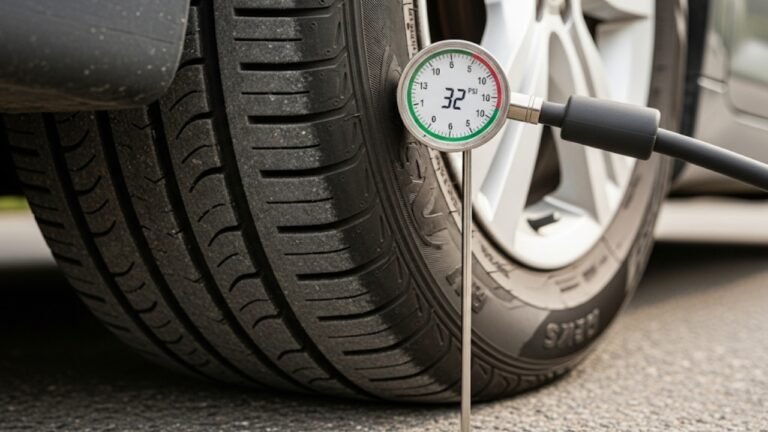Goodyear Tires vs Cooper Tires: My Road-Tested Verdict
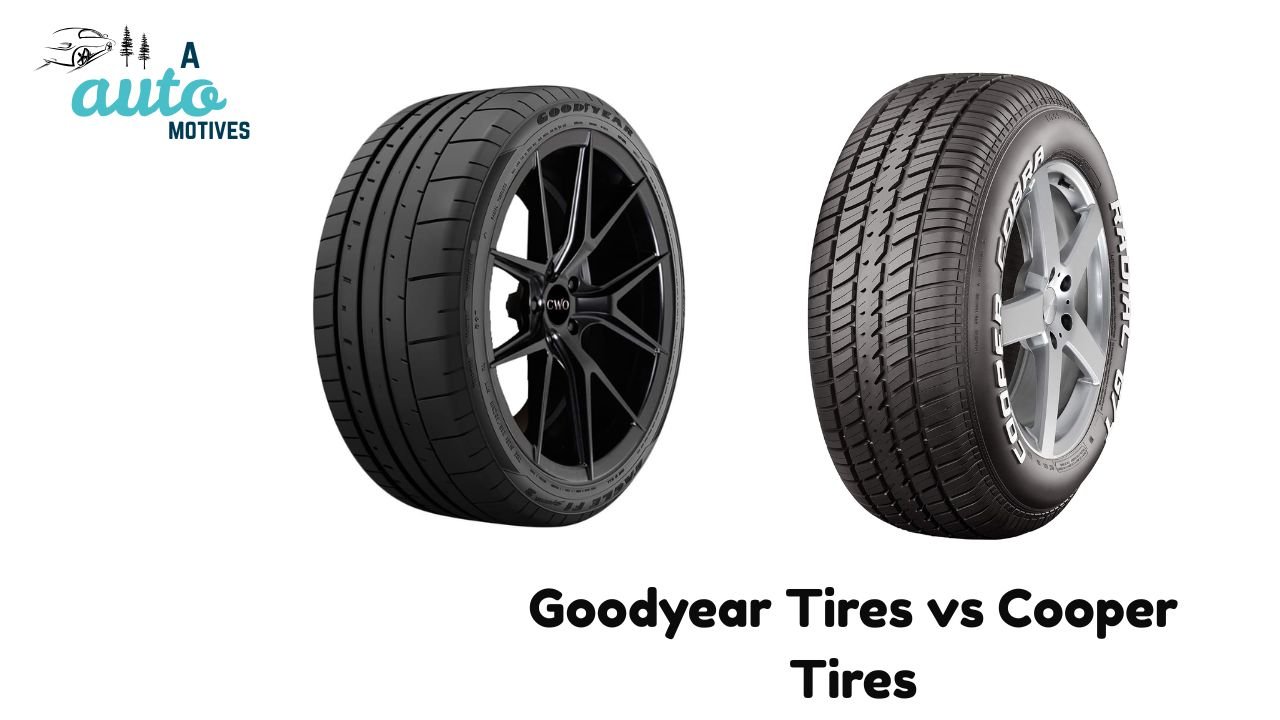
Tires do more than just roll — they connect you to the road, carry your safety, and even decide how peaceful your drive feels. Whether you’re cruising in a Toyota Corolla, hauling with a Ford F-150, or just trying to survive city potholes, the right tires make all the difference.
Over the past few years, I’ve personally driven with both Goodyear and Cooper tires — on highways, muddy backroads, and city streets that felt like obstacle courses. I wanted to know which truly performs better when it matters — not just in specs or ads, but in real-world driving.
This is my honest, road-tested verdict.
Goodyear Tires Review: Proven Reliability on Every Mile
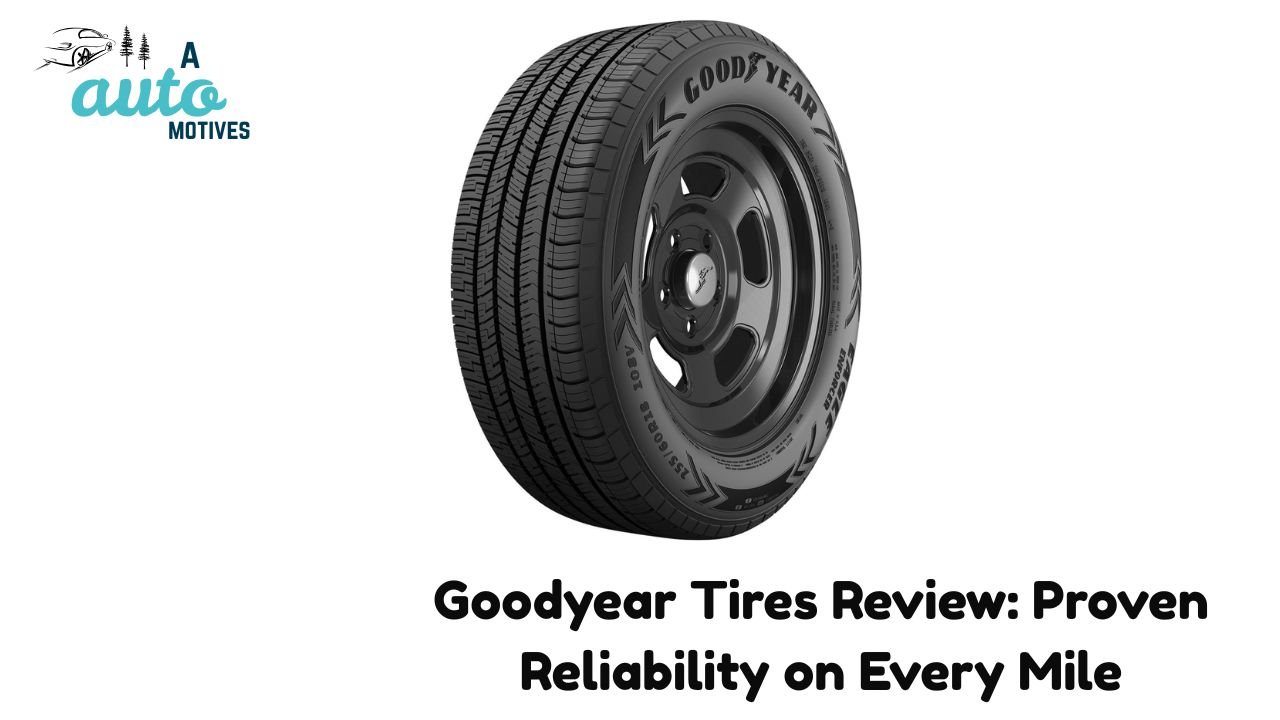
Choosing the right tire brand feels like choosing a travel partner — you want someone dependable, comfortable, and ready for all kinds of weather. For me, Goodyear has often been that kind of partner.
When I first tried Goodyear, I wasn’t sure what to expect. It was winter in Chicago — ice, snow, and that constant white slush that makes driving feel like survival training. My car wore Goodyear Ultra Grip Ice WRT tires, and right from the first drive, I noticed something: stability. Even when I hit black ice at a stoplight, the tires gripped with confidence instead of sliding. That moment earned my trust.
Cold Weather & Snow Performance
Snow driving isn’t fun for anyone, but Goodyear makes it less stressful. Their 3PMSF (Three-Peak Mountain Snowflake) certified winter tires are no joke. I could actually feel the difference in braking and turning — especially compared to the all-seasons I’d used before.
When I tested them on frozen backroads, I could stop faster and steer without that heart-stopping slide. For anyone living where winter overstays its welcome, Goodyear’s winter lineup is a lifesaver.
Highway Comfort & Long Trips
Long drives test both you and your tires. I took the Goodyear Assurance ComfortDrive on a road trip from Chicago to Atlanta — almost 700 miles of mixed highways and city congestion. What stood out most was the silence.
Unlike cheaper tires that hum like an old fridge, these were whisper-quiet. Even at 75 mph, I could hear my music clearly. And my gas tank thanked me too — Goodyear’s low rolling resistance design noticeably improved fuel economy.
If you’re a frequent highway driver, this tire gives both comfort and efficiency — like a trusted co-pilot.
Stop-and-Go Urban Driving
City driving is its own kind of madness. Quick stops, wet intersections, potholes, and unpredictable traffic — I’ve seen it all. The Goodyear Eagle Exhilarate handled it beautifully.
During a sudden summer downpour, I was surprised how well it cut through standing water. No hydroplaning, no panic — just grip. Even in dry conditions, it offered sharp braking and stable cornering.
If you drive mostly in cities, Goodyear gives that extra layer of everyday confidence.
Goodyear Tire Features at a Glance
| Feature | Description |
|---|---|
| Tread Design | Asymmetric pattern improves handling and wet grip |
| Treadwear | Lasts 50,000–70,000 miles on average |
| Ride Comfort | Quiet and stable, even at high speeds |
| Weather Rating | M+S and 3PMSF options for all-season versatility |
What I Love About Goodyear Tires
-
Strong traction in both wet and dry weather
-
Long lifespan, often over 70,000 miles
-
Smooth, quiet ride, great for daily commutes
-
Fuel-saving design, thanks to low rolling resistance
-
Wide selection for every driving need
What Could Be Better
-
Higher price tag – usually 10–20% more than competitors
-
Some performance models can be louder
-
Limited stock for popular models during peak seasons
Should You Buy Goodyear Tires?
Best for:
-
Everyday drivers who want comfort and reliability
-
SUV/truck owners who go off-road occasionally
-
Commuters who value quiet rides and fuel efficiency
-
Winter drivers who face icy roads
Maybe skip if:
-
You live in extreme climates (specialized brands may do better)
-
You’re on a tight budget
My Verdict on Goodyear
Goodyear is like that premium jacket you buy once and wear for years — pricier, but absolutely worth it.
Their durability, comfort, and versatility make them a top-tier choice for most drivers. Whether you’re crossing states or just commuting to work, Goodyear won’t let you down.
Check latest prices on Amazon before buying.
Cooper Tires Review: The Budget-Friendly Performer
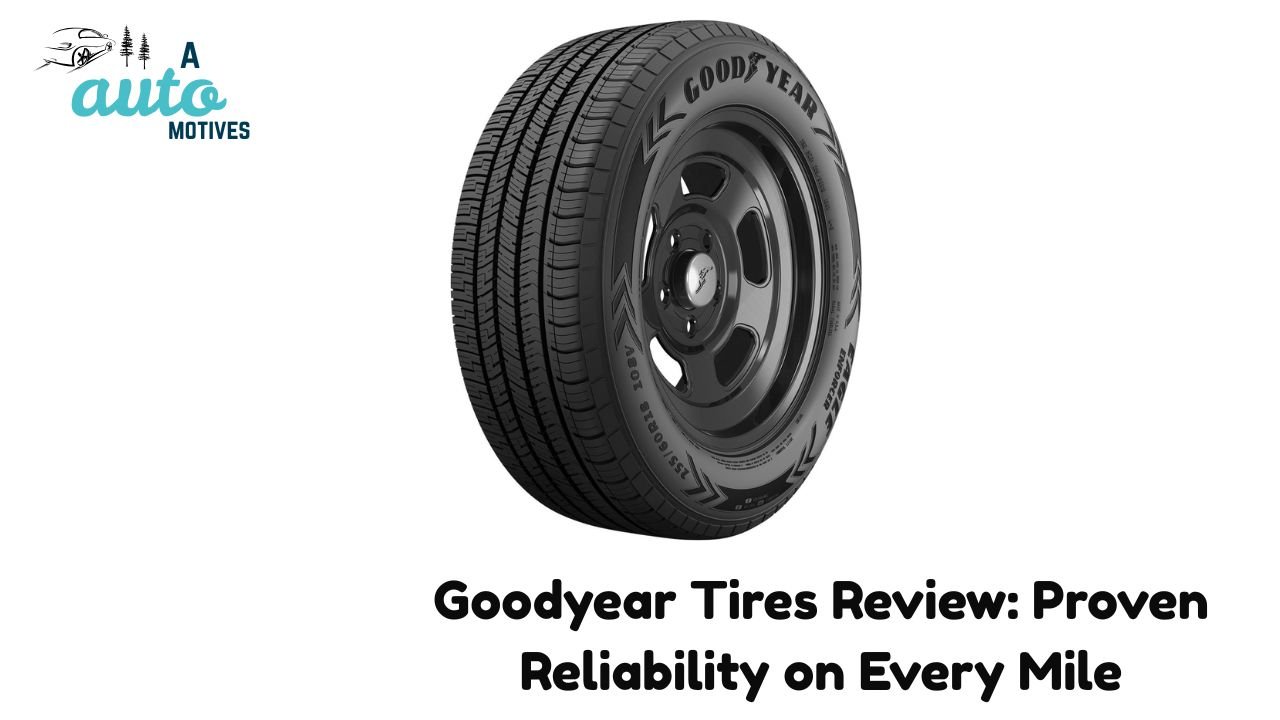
If Goodyear feels like the polished professional, Cooper is the hard-working friend who never quits. Affordable, durable, and surprisingly capable — that’s how I’d sum up Cooper tires after years of use.
I first tried Cooper Discoverer tires on my SUV during a cross-state trip from Illinois to Colorado. The mix of highways, rain-soaked plains, and mountain slopes made it a real test — and honestly, Cooper impressed me.
The grip was solid, the steering felt precise, and I didn’t have to worry about wear halfway through the trip. For the price, that was a big win.
Cold Weather & Snow
Midwest winters are brutal, but Cooper’s WeatherMaster and Discoverer lines hold their own. On ice and light snow, they provide steady traction. While they’re not as sharp as Goodyear in deep snow, they do a great job for moderate winter conditions.
In one icy morning commute, my Cooper tires kept control where my old budget tires would’ve spun out. That alone earned them a permanent spot in my list of dependable options.
Long Highway Drives
The Cooper CS5 Ultra Touring is a hidden gem for long trips. During my 1,000-mile journey to Denver, they offered a quiet, smooth ride that honestly felt close to Goodyear’s premium models.
Fuel economy was solid too. I didn’t notice any extra gas stops compared to Goodyear. Plus, the tread still looked almost new after months of use — a big plus for budget-conscious drivers.
City Driving & Daily Use
The Cooper Zeon RS3-G1 handled stop-and-go traffic like a champ. It grips tight during sudden stops, corners smoothly, and gives you that feeling of control that makes urban driving less stressful.
If you want something reliable but not overpriced, Cooper delivers. It’s not luxury — but it’s honest, hardworking performance.
Cooper Tire Features at a Glance
| Feature | Description |
|---|---|
| Tread Design | Silica-infused for better wet grip |
| Treadwear | 55,000–65,000 miles lifespan |
| Ride Comfort | Slightly firm but steady |
| Weather Rating | M+S and 3PMSF on select models |
What I Like About Cooper Tires
-
Great grip on wet, dry, and snowy roads
-
Impressive tread life for the price
-
Comfortable ride, even on long trips
-
Fuel-efficient for budget tires
-
Affordable — usually 10–15% cheaper than Goodyear
What Could Be Better
-
More road noise in some off-road models
-
Slightly weaker braking on pure ice
-
Needs more frequent rotations to prevent uneven wear
Should You Buy Cooper Tires?
Best for:
-
City commuters who want a good deal
-
SUV or truck owners who drive mixed terrain
-
Families looking for comfort and value
-
Drivers in mild to moderate climates
Maybe skip if:
-
You drive in extreme winter conditions
-
You want an ultra-quiet luxury tire
My Verdict on Cooper
Cooper tires are like the dependable friend who never cancels plans — not fancy, but always there when you need them. They strike a perfect balance between price and performance, making them one of the best mid-range options available.
For everyday driving, Cooper is an excellent value — especially if you’re not chasing brand prestige.
Goodyear Tires vs Cooper Tires: My Real-World Comparison
After thousands of miles behind the wheel — through rainstorms, potholes, and those endless highway stretches — I’ve learned one thing: no two tire brands feel the same. Both Goodyear and Cooper have their strengths, but they shine in different ways.
Let’s go category by category so you can decide which fits your driving style best.
1. Tread Design & Road Grip
Grip is the first thing you’ll notice when driving. It decides how confidently your car turns, stops, or handles sudden changes in weather.
| Category | Goodyear | Cooper |
|---|---|---|
| Dry Traction | Excellent | Good |
| Wet Grip | Outstanding | Decent |
| Snow/Ice Performance | Strong | Fair |
| Off-Road Handling | Moderate | Strong |
| Overall Rating | ⭐ 9/10 | ⭐ 8/10 |
Goodyear’s edge:
Its asymmetric tread patterns and silica-rich compounds make it unbeatable on wet pavement. The tires actively push water away to prevent hydroplaning — and you can feel that extra confidence during rainy commutes.
Cooper’s advantage:
It’s more aggressive off-road. The Discoverer series bites into gravel, mud, and loose soil better than Goodyear. So if your weekends include dirt roads or trails, Cooper might just be your tire soulmate.
2. Durability & Longevity
A tire that wears evenly and lasts long isn’t just convenient — it’s money-saving. Here’s how they hold up.
| Factor | Goodyear | Cooper |
|---|---|---|
| Mileage Warranty | Up to 80,000 miles | Up to 70,000 miles |
| Treadwear Consistency | Excellent | Good |
| Sidewall Strength | Reinforced | Durable |
| All-Season Lifespan | Longer | Average |
| Overall Rating | ⭐ 9/10 | ⭐ 7.5/10 |
Goodyear’s rubber compound seems tougher. Even after 40,000 miles, I noticed minimal edge wear. Cooper also lasts well, but it tends to need more frequent rotations to keep the tread even — especially on front-wheel-drive cars.
3. Comfort & Noise
Comfort matters more than people realize. A quiet tire can make a long drive feel relaxing instead of tiring.
| Factor | Goodyear | Cooper |
|---|---|---|
| Ride Smoothness | Very smooth | Slightly firm |
| Road Noise | Low | Medium |
| Vibration Control | Excellent | Good |
| Long-Trip Comfort | Outstanding | Decent |
| Overall Rating | ⭐ 8.5/10 | ⭐ 7/10 |
I could literally hear the difference. Goodyear’s Assurance ComfortDrive feels almost like gliding — minimal road noise, great shock absorption. Cooper isn’t bad, but some of its off-road-focused models (like the Discoverer AT3) can hum audibly on smooth highways.
4. Fuel Efficiency
Here’s something many people overlook — tires affect your fuel bills. Rolling resistance can determine how much gas you use over time.
| Factor | Goodyear | Cooper |
|---|---|---|
| Rolling Resistance | Low | Moderate |
| Fuel Economy Impact | Better MPG | Average |
| Eco-Friendliness | Yes | Yes |
| Overall Rating | ⭐ 8/10 | ⭐ 7/10 |
Goodyear wins here again. I noticed a 3–5% improvement in mileage compared to the same vehicle on Cooper tires. The difference may seem small, but over long drives, that’s real savings.
5. Temperature & Seasonal Performance
Both brands perform across different temperatures, but one adapts better to extremes.
| Condition | Goodyear | Cooper |
|---|---|---|
| Cold Weather Grip | Excellent | Good |
| Hot Weather Stability | Very Stable | Stable |
| All-Season Versatility | Great | Moderate |
| Overall Rating | ⭐ 8.5/10 | ⭐ 7.5/10 |
Goodyear’s compounds remain flexible in cold weather — you feel secure even when the temperature drops below freezing. Cooper’s strength lies more in warmer climates or mild winters.
6. Maintenance & Reliability
Tires are like shoes — the better they hold up, the longer you can depend on them.
| Factor | Goodyear | Cooper |
|---|---|---|
| Rotation Frequency | Normal | More frequent |
| Puncture Resistance | Strong | Average |
| Lifespan | Long | Decent |
| Overall Rating | ⭐ 9/10 | ⭐ 7.5/10 |
Goodyear tires need less frequent rotation and are tougher against small punctures. Cooper, while durable, benefits from a little extra care to stay in top shape.
7. Pricing & Value
This is where Cooper fights back.
| Aspect | Goodyear | Cooper |
|---|---|---|
| Price Range (Average) | Higher (Premium) | Lower (Mid-range) |
| Warranty | Excellent | Good |
| Overall Value | Great performance | Great affordability |
| Overall Rating | ⭐ 8/10 | ⭐ 8.5/10 |
If you’re budget-conscious, Cooper delivers 80% of Goodyear’s performance at 70% of the cost. It’s the smarter pick for everyday users who want solid tires without the brand premium.
My Personal Take: Which One Should You Buy?
Let’s simplify it:
Buy Goodyear if:
You want maximum safety in rain or snow.
You drive long distances or value a quiet, fuel-efficient ride.
You don’t mind paying more for premium longevity and comfort.
Buy Cooper if:
You want strong performance for the money.
You often drive on mixed or rough terrain.
You prefer a tire that’s reliable but affordable.
Final Verdict: Goodyear Wins for Comfort, Cooper Wins for Value
If I had to choose only one for my daily car, I’d go with Goodyear.
It’s smoother, lasts longer, and gives peace of mind in any weather.
But — and it’s a big but — for my second SUV that I use for road trips and light off-roading, I’d happily stick with Cooper. They’re rugged, cheaper, and get the job done without drama.
So really, it’s not “which is better” — it’s “which is better for you.”
If you crave a luxury-like drive and top-tier reliability, Goodyear wins hands down.
If you want solid, budget-friendly dependability, Cooper deserves your driveway.
Check both brands’ latest prices and user reviews on Amazon before buying — deals change fast!
FAQs: Goodyear Tires vs Cooper Tires
1. Which lasts longer: Goodyear or Cooper?
Goodyear generally lasts longer — many models hit 70,000+ miles easily. Cooper tires typically average 55,000–65,000 miles with good maintenance.
2. Are Cooper tires as safe as Goodyear?
Yes, for normal driving. But in heavy rain or icy conditions, Goodyear’s traction and braking are superior.
3. Are Cooper tires cheaper than Goodyear?
Absolutely. Cooper offers almost the same quality for 15–25% less cost.
4. Which brand is quieter?
Goodyear. Especially the Assurance and ComfortDrive models — they’re whisper-quiet compared to Cooper’s more rugged treads.
5. Which tires are best for SUVs or trucks?
For off-roading, Cooper Discoverer tires are excellent. For towing and long-haul driving, Goodyear Wrangler All-Terrain Adventure takes the lead.
6. Which one is more fuel-efficient?
Goodyear. Its lower rolling resistance helps squeeze out extra MPG, especially on highways.
7. Do both brands offer all-season options?
Yes, both have M+S (Mud and Snow) and 3PMSF-rated models for year-round use.
Final Words
If tires could talk, Goodyear would whisper, “Relax, I’ve got this,” while Cooper would shout, “Let’s hit the road!”
They both have character — one refined, one rugged.
So whether you choose Goodyear for smooth luxury or Cooper for gritty reliability, you’re making a smart, road-ready choice.
Your journey’s only as good as the tires beneath you.
Make it a confident one.

